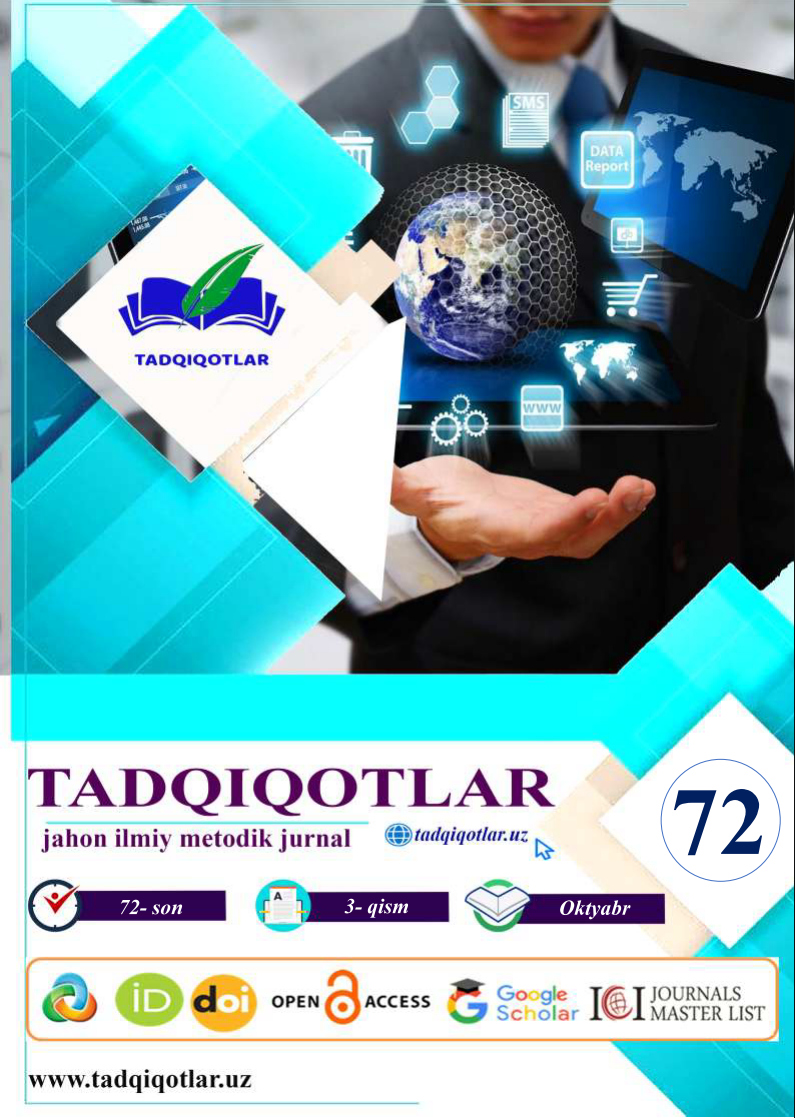LEARNING IDIOMS TO SPEAK LIKE A NATIVE SPEAKER OF ENGLISH
Keywords:
Keywords: Idioms, fluency, communication, English language, non-native speakers, expression, speech development, linguistics, cultural aspect, education.Abstract
Abstract: Mastering how natives actually talk requires understanding a culture’s
unique phrases or idioms. The customized phrases are referred to as idioms, and these
heady phrases are essential in developing proficiency in communication. This is an
attempt to try to understand how to speak like a native speaker with learning idioms.
In this paper, idioms are more common in daily conversations, their cultural importance
and their relevance for communication is analyzed. The research is focused on the
conclusion that an individual’s knowledge of idioms can greatly change their language
proficiency and fluency.
References
REFERENCES:
1. Johnson, A. Expanding Horizons in Language Learning. Journal of Language
Education (2021).
2. Smith, R. Language and Identity: A Sociolinguistic Perspective. Linguistic Studies
Quarterly (2020).
3. Lee, C. Innovative Methods in TESOL Education. TESOL Journal (2022).
4. Carter, J. The Impact of Technology on Language Learning. Tech in Language
Education (2019).
5. Patel, S. Bridging Cultures: Language Education in a Diverse Society. International
Journal of Multicultural Education (2021).
6. Thompson, R. Strategies for Effective Language Teaching. Language Teaching
Research (2020).
7. Nguyen, T. The Evolution of Modern Linguistics: Key Concepts. Journal of
Applied Linguistics (2022).
8. Brown, B. Dialects and Their Social Implications. Sociolinguistics Review (2019).
9. Garcia, M. From Theory to Practice: Effective Language Teaching Techniques.
Educational Research in Language Learning (2023).
10. Martinez, L. Trends in Language Acquisition Research. Language Acquisition
Journal (2021).

